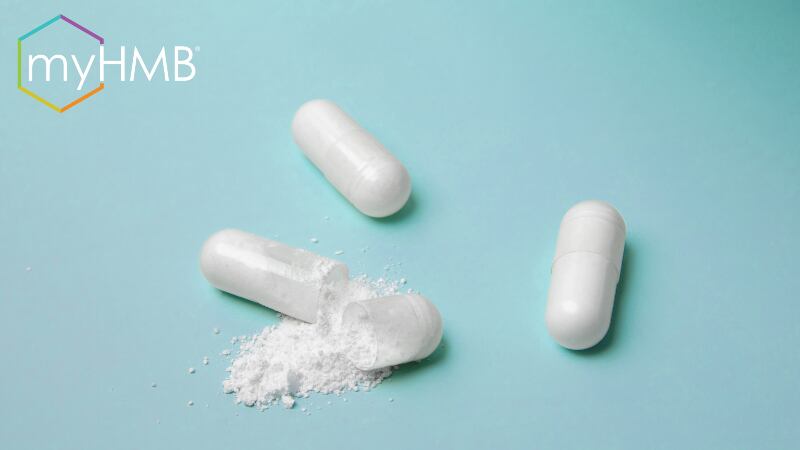From November 30, sports nutrition products that make claims relating to performance in sport, exercise or recreational activity and are in a medicinal dosage form, such as tablet, capsule or pill, will be regulated as therapeutic goods and hence, are required to be entered into the ARTG.
Industry body Complementary Medicines Australia (CMA) says about a dozen of its member companies have been directly affected by the regulatory changes.
Once the deadline has passed, sports nutrition products that are not registered as therapeutic goods and entered in the Australian Register of Therapeutic Goods (ARTG) cannot be imported, advertised, or supplied in Australia.
Responding to queries from NutraIngredients-Asia, Lucy Lang, head of regulatory affairs, CMA, said that about a dozen of CMA’s members have been directly affected by the regulatory changes.
Lang said that the most significant portion of the regulatory change was that tablets and capsules with sports supplement claims would be regulated as therapeutic goods.
“Approximately a dozen CMA members have been directly affected by the regulatory changes about certain sports supplement products.
“While only a small number of our members operate exclusively in the sports supplement market, some operate in the therapeutic goods or complementary medicines domain and have sports supplements,” she said.
Almost all affected CMA members have actively participated in the association’s Regulatory Committee and Sports Supplements Working Group in navigating the complexities of the regulatory change, she said.
In response to our queries, TGA said that it was the responsibility of the sponsor of a product in deciding how they intended to market their affect products(s) moving forward.
Some may have decided to withdraw the affected products from the market, instead of having them regulated as therapeutic goods, or reformulating them to be regulated as food products.
Asked the common challenges faced in meeting the new regulatory requirement, Lang cited issues such as difficulties in securing the Good Manufacturing Practice (GMP) and confusion among the industry on whether their products were affected by the regulatory change.
To be registered as a therapeutic good, a product will need to be manufactured in a GMP-licensed facility.
Some companies, however, had faced difficulties in securing GMP-licensed manufacturers who were also capable of handling additional sports product manufacturing, said Lang.
“Time and resource constraints have further complicated matters, especially concerning constructing facilities eligible for TGA GMP licensing within the stipulated timeframe.”
In addition, companies are confused as to whether their products are considered therapeutic goods and needs to be entered into the ARTG.
In which case, Lang said that the CMA had released a publicly available ‘information alert’ that included a Food-Medicine Interface Guidance Tool (FMIGT) that would help companies identify if their products were affected.
“While many exclusive sports supplement companies have not traditionally been members of CMA, since 2019, CMA has actively collaborated with sports supplement stakeholders to ensure representation of this sector in the therapeutic goods space,” she said.
On the other hand, some companies sell their sports nutrition products in Australia as well as New Zealand, where sports foods are regulated by the Foods Standards Australis New Zealand (FSANZ) under the Formulated Supplementary Sports Foods standards code.
As such, some companies faced the challenge of keeping their products compliant with the different regulatory requirements at the same time.
This is especially challenging when the FSANZ’s standards have not been updated for some time and is not reflecting the needs of the sports sector.
"Another common challenge for businesses is how to keep some products, such as powders, compliantly within the food regulatory space when the Formulated Supplementary Sports Foods standard by FSANZ has not been updated in some time and is not reflecting the needs of the sports sector," said Lang.
In July this year, the FSANZ conducted a public consultation as part of its regulatory review for the Formulated Supplementary Sports Foods standards code.
“CMA has been intensively working on submissions to FSANZ to expand the permissions within this food standard and actively encouraging sports supplement stakeholders to submit their own research,” said Lang.





